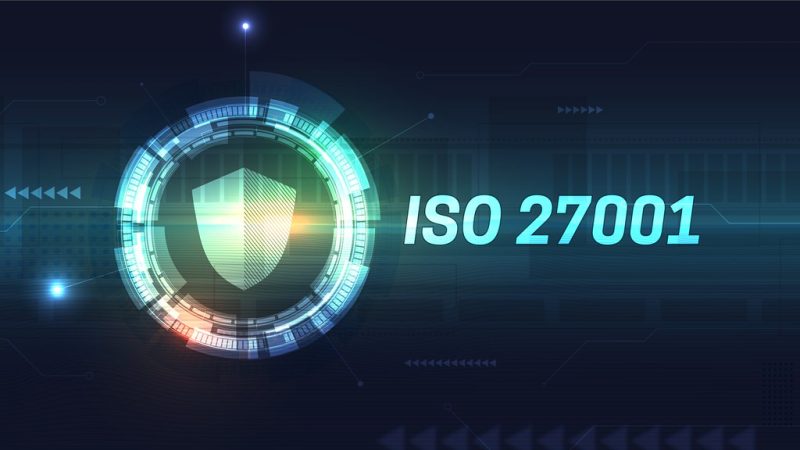
- In an interview with Help Net Security, Robin Long of Kiowa Security shared key strategies for adopting ISO 27001 compliance, emphasizing the need for a detailed project roadmap and early booking of certification audits.
- The article highlights the necessity of external advice for understanding and implementing ISO 27001’s controls and requirements, especially for those new to information security management.
- For organizations, particularly SMEs, allocating resources and budget effectively for ISO 27001 implementation is crucial.
In an interview with Help Net Security, Robin Long of Kiowa Security shared key strategies for adopting ISO 27001 compliance, emphasizing the need for a detailed project roadmap and early booking of certification audits. Long advocates for prioritizing a limited number of security wins before fully implementing the standard and stresses the importance of selecting an internal team led by someone with the ISO 27001 Lead Implementer qualification. He notes that ISO 27001 and its supportive documents, like ISO/IEC 27002, provide flexible yet comprehensive guidance on information security controls based on risk analysis, catering to organizations of all types and sizes.
The article highlights the necessity of external advice for understanding and implementing ISO 27001’s controls and requirements, especially for those new to information security management. Consultants play a crucial role in breaking down the wide range of controls into manageable parts, and the leadership of the ISMS Team benefits significantly from attending an ISO 27001 Lead Implementer course. This helps meet the standard’s requirement for evidence of competence among key project participants.
For organizations, particularly SMEs, allocating resources and budget effectively for ISO 27001 implementation is crucial. Strategies include using a detailed roadmap to manage the project timeline, early selection of certification auditors, and considering less obvious costs such as legal work and software installations. The interview also discusses the importance of convincing top management of ISO 27001 compliance benefits, primarily driven by commercial needs where potential clients or partners require certification. Risk management, performance evaluation, and continuous improvement are critical yet challenging aspects, with organizations advised to identify and manage information security risks through carefully selected controls.


Leave a Reply
You must be logged in to post a comment.